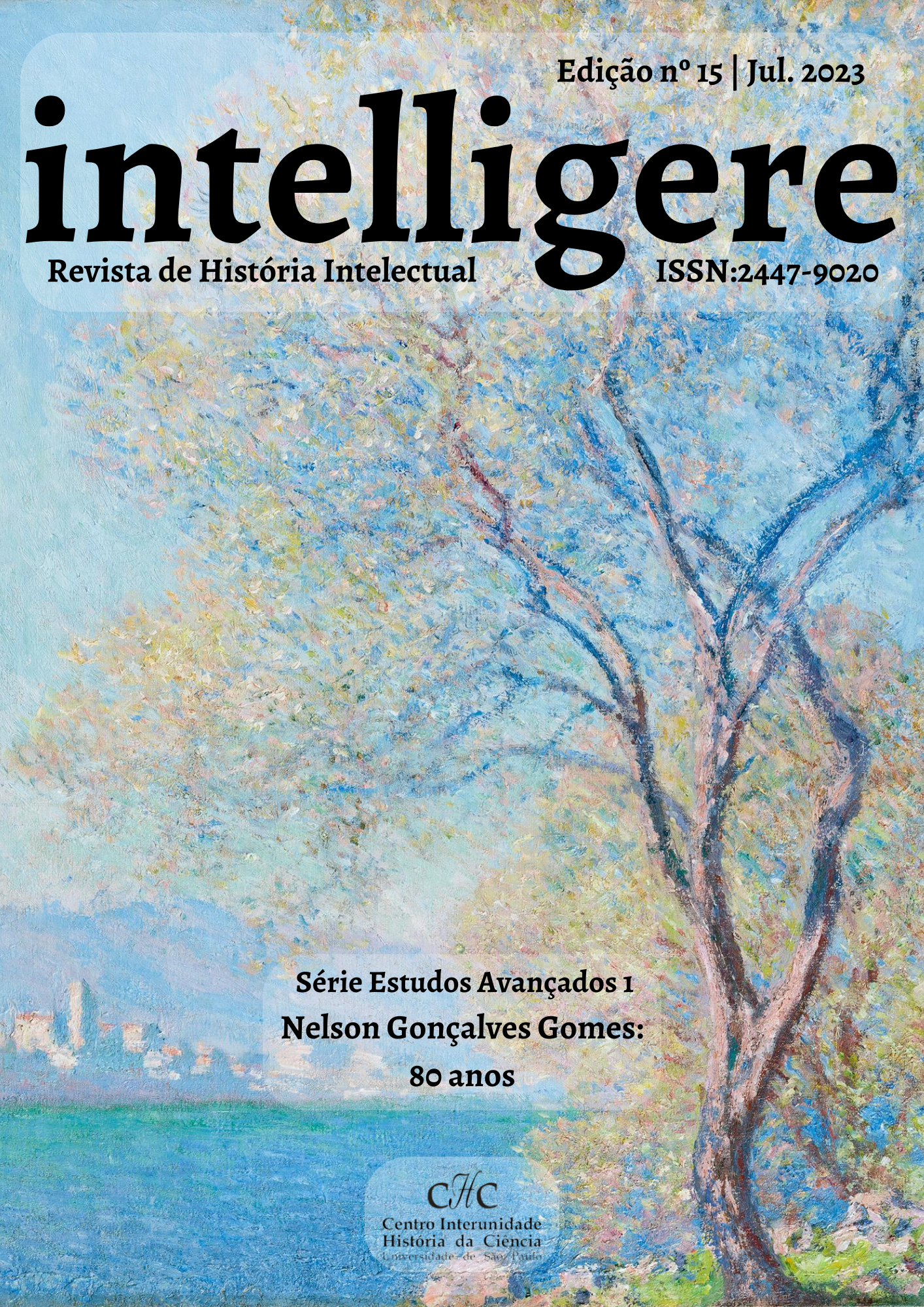On the Credibility of Religion
DOI:
https://doi.org/10.11606/issn.2447-9020.intelligere.2023.217740Keywords:
Credibility of religion, Scientific belief system, Religious belief system, Threshold for credibility, Degree os credibilityAbstract
This paper proposes two criteria for the credibility of religion, where “religion” is understood as a belief system. We distinguish between scientific (SBS) and religious belief systems (RBS) and focus on them in this study, although we do not rule out others like metaphysical ones or world views. The criteria consist of two theses and two norms. The two theses defend the proposal that for every particular belief system there is an upper bound and a lower bound for the credibility of it. The upper bound (lower bound) is a threshold beyond (below) which a rational justification of this belief system is impossible. Norm 1 says that it should not be required that the degree of credibility of an RBS must be higher than that of any SBS, nor notably higher than the upper bound of some SBS. Norm 2 says that if it is required that the level required for the credibility of an SBS must be higher than or equal to the lower bound of it, then this must also be required for an RBS otherwise there are too few or weak reasons for its credibility. Unless both norms are fulfilled, a rational justification of the respective belief system is impossible. The norms are understood as methodological norms of the respective belief system.
Downloads
References
.
Downloads
Published
Issue
Section
License
Copyright (c) 2023 Paul Weingartner

This work is licensed under a Creative Commons Attribution 4.0 International License.
Autores que publicam em Intelligere concordam com os seguintes termos:
- Autores mantém os direitos autorais e concedem à revista o direito de primeira publicação, com o trabalho simultaneamente licenciado sob a Licença Creative Commons Attribution que permite o compartilhamento do trabalho com reconhecimento da autoria e publicação inicial nesta revista.
- Autores têm autorização para assumir contratos adicionais separadamente, para distribuição não-exclusiva da versão do trabalho publicada nesta revista (ex.: publicar em repositório institucional ou como capítulo de livro), com reconhecimento de autoria e publicação inicial nesta revista.
- Autores têm permissão e são estimulados a publicar e distribuir seu trabalho online (ex.: em repositórios institucionais ou na sua página pessoal), com reconhecimento da autoria e publicação inicial nesta revista.




